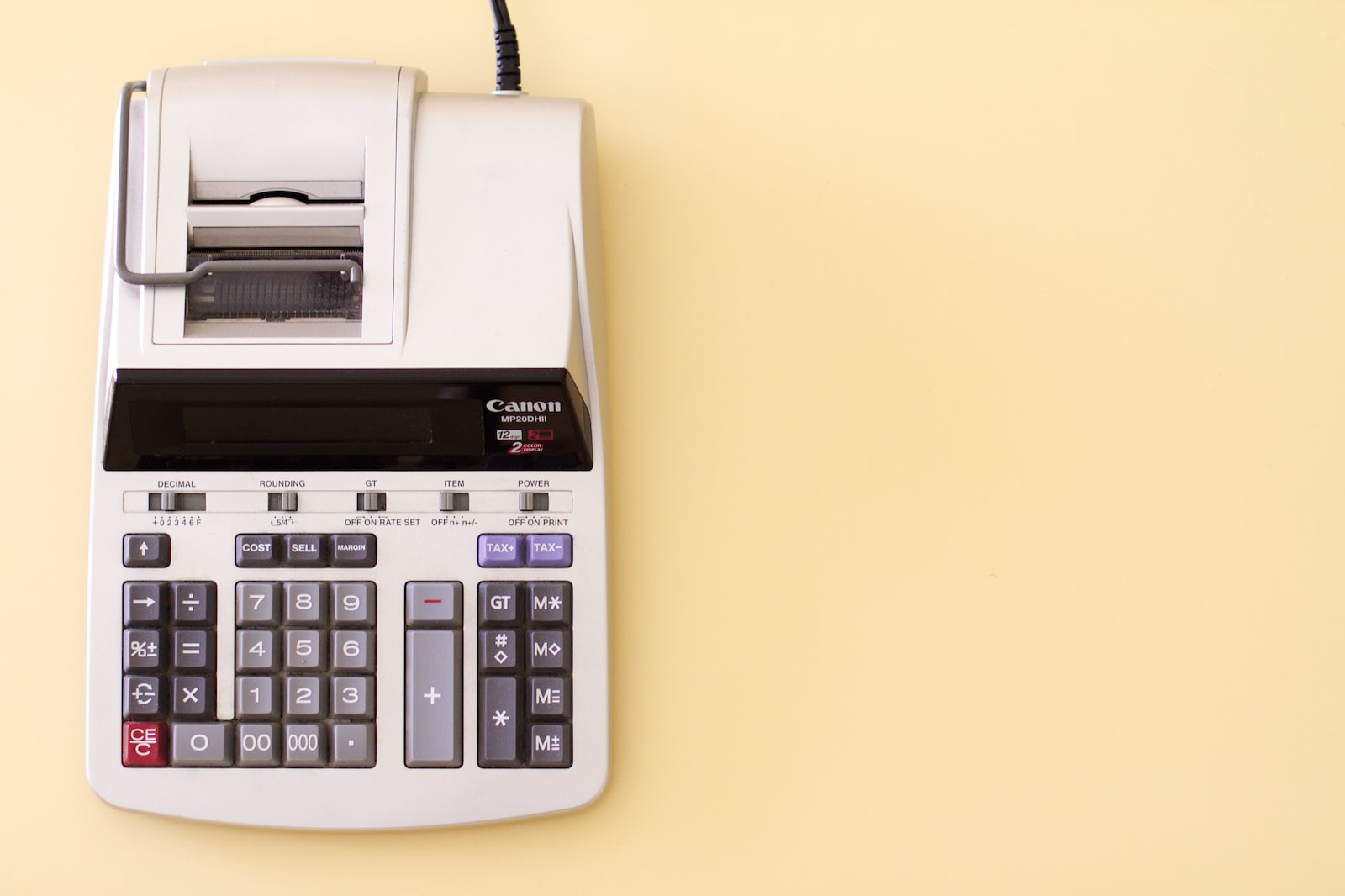Being self-employed is an exciting endeavor, but it also comes with responsibilities that must be taken care of. One of these is paying taxes correctly. When you are not fully employed, taxes can get tricky and tedious to figure out as there are a lot of factors to consider. The good news is that filing your taxes with the right information and tools doesn’t have to be difficult or burdensome. In this article, we will provide top tips on how to pay taxes when you’re not fully employed.
Understand Your Tax Obligations
If you’re not fully employed, understanding your tax obligations is one of the top tips for paying taxes. Understanding what type of income could be taxable and what deductions or credits you qualify for are essential. You don’t want to be caught off guard when it comes time to file your taxes.
Failing to meet the requirements of taxation law can be costly for those who are not fully employed – like those working for DoorDash. Essentially, the DoorDash tax works similarly to independent contractor taxes, meaning the company does not withhold taxes from your earnings. As a result, you must pay all tax obligations due on your income during tax season. This includes federal and state income taxes, as well as Social Security and Medicare taxes (known as self-employment tax).
It’s also a good idea to research applicable local, state, and federal tax laws that might affect your financial situation. Knowing the rules and regulations regarding taxation can help you make better decisions about how much you should be paying in taxes and whether or not there are more advantageous options available for you to use. Additionally, reviewing these laws with an accountant or tax preparer may be worthwhile if you have an accountant or tax preparer.
Document Your Income
If you’re not fully employed, it’s important to document your income to ensure accurate reporting of your earnings and payments when filing taxes. Record-keeping is the key to having a clear understanding of your financial situation, as well as being able to report any deductions or credits that may be available accurately. Additionally, documenting your income can help you avoid costly mistakes that could result in penalties or even an audit
To properly document your income, ensure all revenue sources are recorded regularly. This includes any wages earned from employment, self-employment profits, and other forms of income, such as investment returns. Be sure to keep track of the dates for each transaction and include information about any expenses associated with the income. Also, keep all relevant documents, such as contracts and receipts, for your records.
Calculate Estimated Tax Payments
When you’re not fully employed, keeping track of your taxes and ensuring that you’re paying the right amount can be challenging. One of the best ways to ensure this happens is by calculating estimated tax payments. Estimated tax payments are necessary because they help you pay off what you owe each quarter instead of waiting until the end of the year when a large lump sum may be due. Not only does this help spread out your burden, but it also helps prevent owing more than intended at the end of the year
Estimated tax payments are based on income earned during that period and other factors like expected deductions or credits. It’s important to accurately calculate estimated taxes so you don’t pay too little or too much. You may be subject to penalties or interest fees if you pay too little. Paying too much can result in a larger-than-needed refund at the end of the year.
File Your Return Early
Filing your return early is one of the top tips when it comes to paying taxes when you’re not fully employed. Filing your return early will help you to determine exactly how much you owe in taxes and avoid any potential penalties or interest that may be incurred if payment is delayed
By filing your return as soon as possible, you’ll also have a better chance of getting all deductions and credits that could reduce the amount of tax liability due. You can use tax preparation software to double-check for mistakes and make sure everything is accurate before submitting.
Set Up an Installment Plan
If you can’t pay your taxes in full, you can set up an installment plan with the IRS. This way, all the money owed will be paid without additional penalties or interest. In some cases, the IRS might even waive certain fees associated with setting up an installment agreement if they deem that the taxpayer cannot pay in full.
Hire a Professional Tax Preparer
For those who need more confidence in their tax filing skills or have questions about specific deductions and credits, it may be helpful to hire an experienced professional to help. A qualified tax preparer is familiar with all of the relevant laws and regulations that apply when filing self-employment taxes.
Paying taxes as a self-employed individual can seem daunting, but it doesn’t have to be. With the right information and tools, you can ensure that your taxes are filed correctly and on time. Remember the top tips for paying taxes when you’re not fully employed to ensure you don’t miss out on any deductions or credits.


